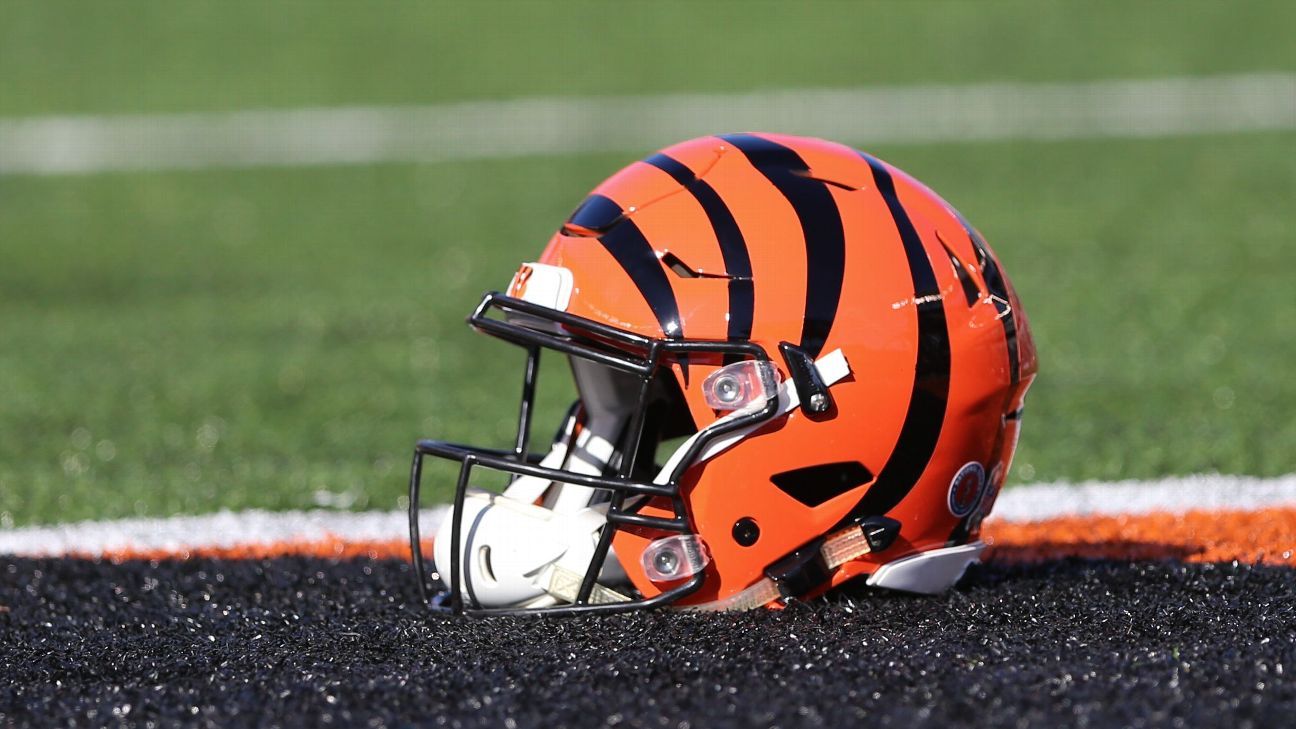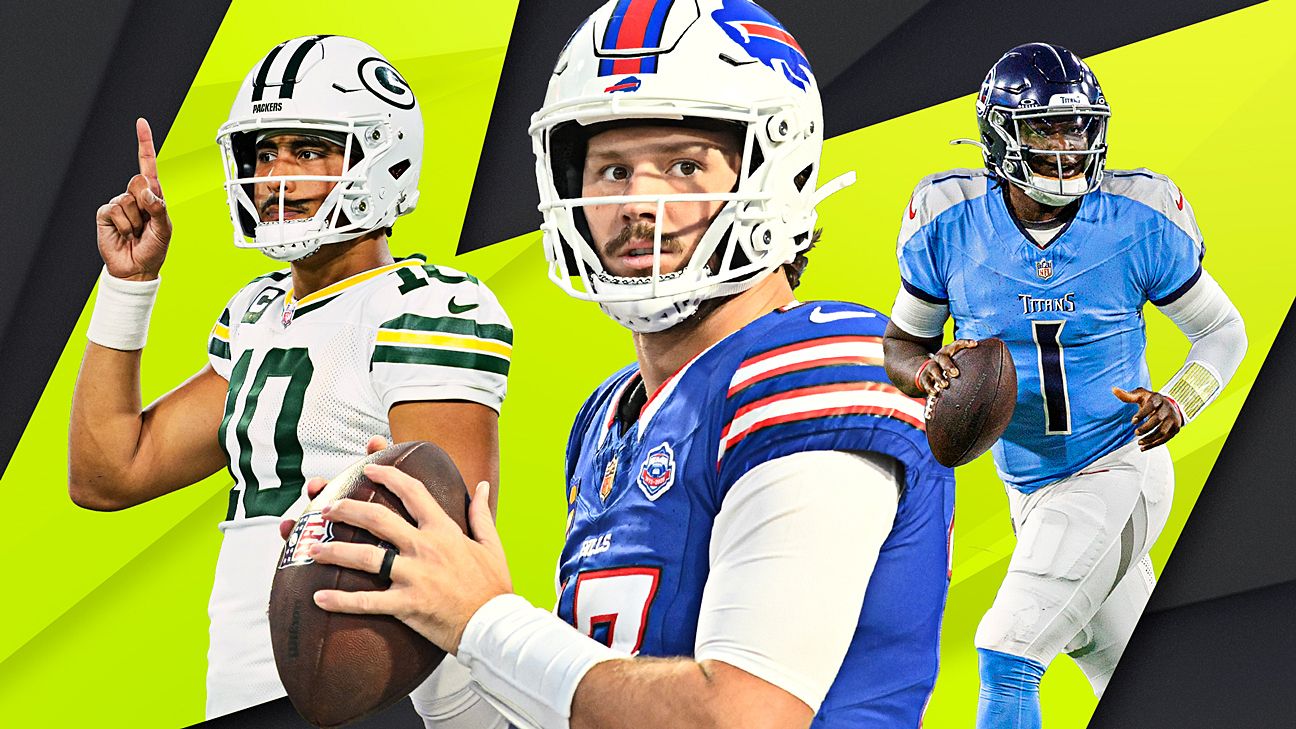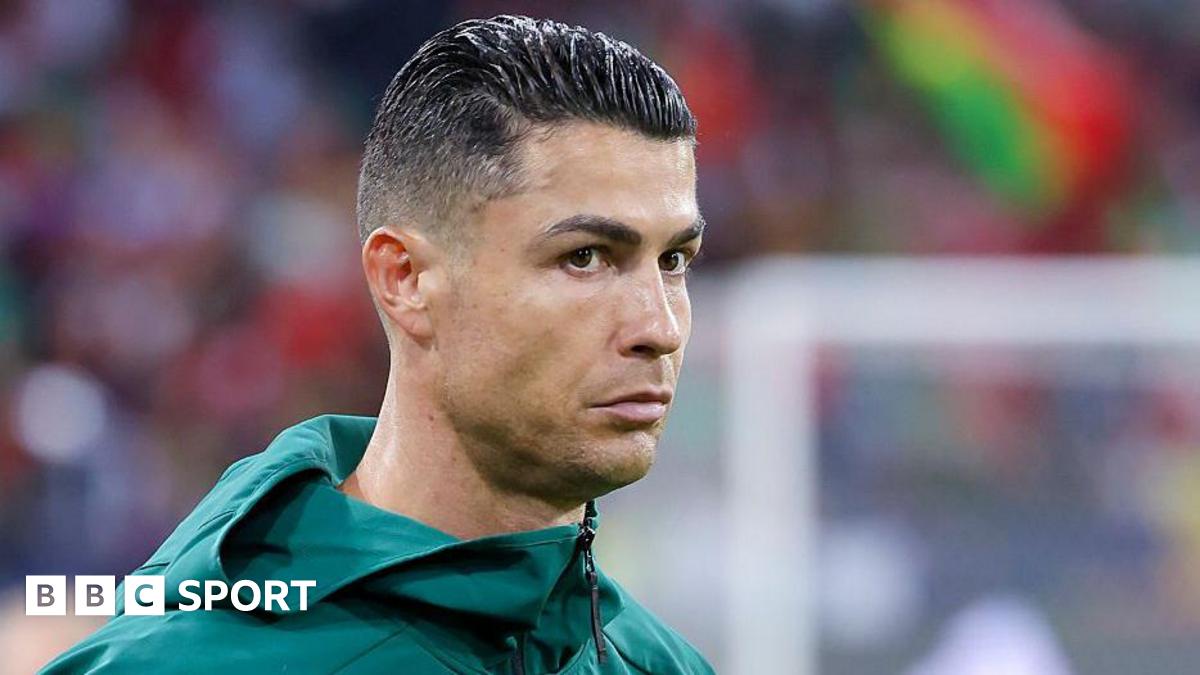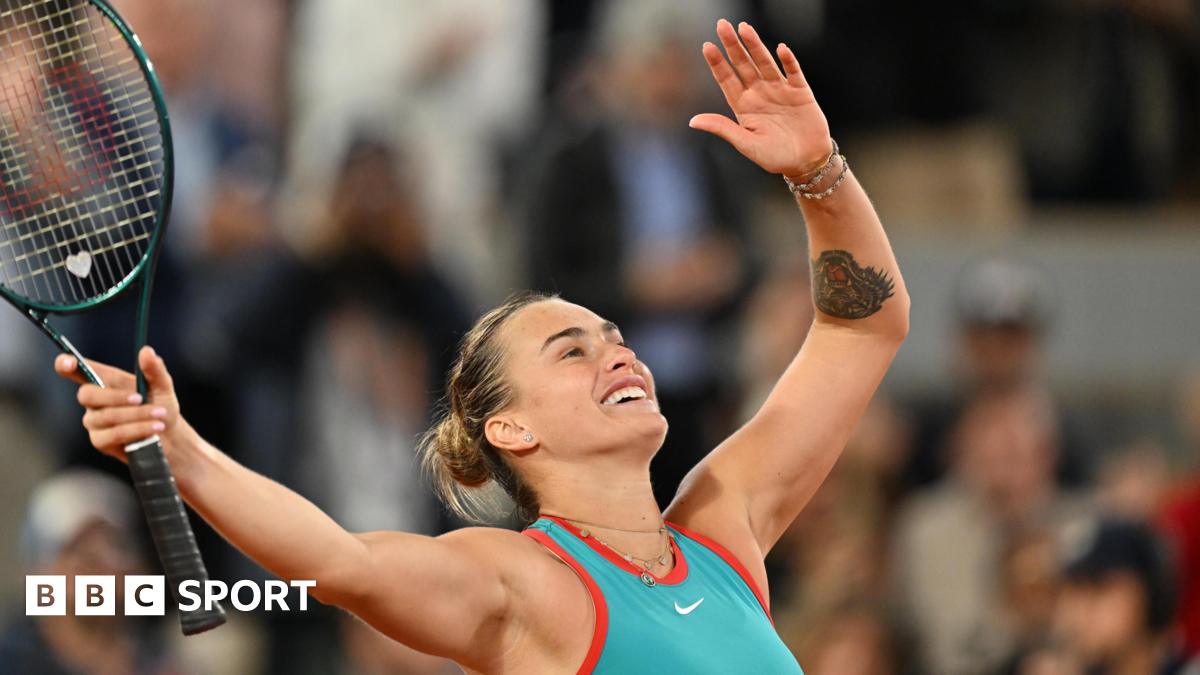Seth Walder

Seth Walder
ESPN Analytics
- Seth Walder is an analytics writer at ESPN, specializing in quantitative analysis. He is also a regular on "ESPN Bet Live" and helps cover sports betting. Seth has been at ESPN since 2017. He previously worked at the New York Daily News covering the Jets and Giants. You can follow Seth on X via @SethWalder.
Ben Solak

Ben Solak
ESPN
- Ben Solak joined ESPN in 2024 as a national NFL analyst. He previously covered the NFL at The Ringer, Bleeding Green Nation and The Draft Network.
Jun 5, 2025, 04:45 PM ET
Aaron Rodgers officially has a new team. The veteran quarterback agreed to terms with the Pittsburgh Steelers on Thursday and is expected to join the team for mandatory minicamp next week. Rodgers was released by the New York Jets in mid-March but took some time to weigh options before ultimately landing in Pittsburgh.
Rodgers, who will turn 42 during the 2025 season, is expected to start for the Steelers. He threw for 3,897 yards, 29 touchdown passes and 11 interceptions last season, his first full year with the Jets after tearing his Achilles in Week 1 in 2023. He was one of the top available QBs this offseason, and he is a four-time league MVP. But there are questions about how much he has left in the tank. Is this really a good move for Pittsburgh, even without other obvious solutions? Does it help stabilize the offense? Let's size up the deal.
Analytics writer Seth Walder is evaluating and grading the deal based on multiple factors, including on-field impact, salary cap implications, compensation, player value/age and the context of the Steelers' short- and long-term outlooks. How large is the impact of this decision and how sure are we it's a good or bad choice? How does this affect Pittsburgh's chance to win the Super Bowl, either this season or in the future? We also asked NFL analyst Ben Solak to make sense of the scheme fit in the Steelers' offense -- is Pittsburgh's offense better now than it was in 2024?
Here's our take on the long-awaited Rodgers deal.
Jump to:
Grading the Rodgers deal
Sizing up the team fit

![]()
Grading the deal
I can't believe we're back here, watching another NFL franchise desperate for an answer at quarterback kowtow to a 41-year-old who hasn't played good ball since 2021. Twelve months from now we will look up and most likely be talking about the Steelers' lost season with Rodgers that ended in disappointment. But ... I also think this is the rational choice for the Steelers. The median outcome is not the point. This move makes some sense simply because of the slim amount of upside that Rodgers still possesses and the options that were on the table.
In 2021, Rodgers recorded a 74.1 QBR, leading the league in the category and winning MVP. For context, the last time Russell Wilson -- who signed with the Giants but was theoretically an option to return to the Steelers at one point -- hit that QBR mark was in 2012, his rookie season. Same goes for Kirk Cousins, who might have been a trade candidate. As poor as Rodgers played last season, the chances of him being a top-10 quarterback this season are higher than those of Wilson, Cousins or any veteran that was or is available.
Rodgers is coming off a very poor 2024 season with the Jets in which he ranked 25th in QBR (48.0) despite having Garrett Wilson and Davante Adams (for 11 games) to target. His completion percentage over expectation was minus-5%, per NFL Next Gen Stats, better than only Anthony Richardson and Cooper Rush. (Granted, the pass protection in New York was below average.)
The optimistic case for the Steelers is that Rodgers was still hampered by the torn Achilles that knocked him out for all but four plays in the 2023 season. And to be fair, Rodgers did look more mobile as the 2024 season went along. Of Rodgers' 30 fastest top-speed plays last season, 17 came in Week 13 or later, per NFL Next Gen Stats. But an underrated part of the Rodgers career arc is that he not only played poorly last season after missing virtually all of 2023 but also in 2022, his final season with the Packers. Rodgers ranked 26th in QBR that year (one spot ahead of Wilson). So Rodgers' recent struggles shouldn't be entirely attributed to that injury; the decline started before he joined the Jets.
The Steelers would probably be wise to not let Rodgers have as much say in the offense as he had with the Jets. After all, Rodgers' best season in recent history was 2020 playing under Matt LaFleur, in a system that utilized play-action and motion at much higher relative rates than what the Jets ran last season. Pittsburgh offensive coordinator Arthur Smith ran play action 27% of the time last season (10th most) but was light on motion at the snap at just 16% (28th).
The Jets' offense was also heavily predicated on receivers running straight. In fact, 27% of the Jets' routes were deep fades, short fades, hitches and go routes. That probably isn't ideal in general and definitely isn't ideal for a team whose best receiver is Wilson, who excels at moving laterally. However, that route profile is a strength of DK Metcalf.
What separates the Steelers from, say, the Giants (another reported contender for Rodgers at one point) is that Pittsburgh has the infrastructure that could possibly take advantage of Rodgers' upside. By that I mean this is a team that has:
A potentially great defense. Pittsburgh ranked 10th in EPA per play last season, but its ceiling is so much higher. Between T.J. Watt, Alex Highsmith, Cameron Heyward and Nick Herbig (do not sleep on Nick Herbig!), the Steelers have an outrageous pass rush. And the secondary (with Minkah Fitzpatrick, Joey Porter Jr. and Darius Slay Jr.) can be solid, too.
Good enough pass protection. The Steelers ranked 13th in pass block win rate last season, though they lost left tackle Dan Moore Jr. to the Titans in free agency.
A good wide receiver in Metcalf. Though with George Pickens traded to the Dallas Cowboys, Rodgers and the Steelers really could use another a second wide receiver behind the former Seahawks star. The depth chart behind Metcalf in not particularly inspiring.
A savvy coach with organizational power and a track record of being able to handle difficult personalities. This was something the Jets lacked, and it gave Rodgers de facto run of the organization. It's pretty clear that's not something a team should want, and if anyone can handle Rodgers, it's Mike Tomlin.
Assuming Rodgers is playing for something like the $10 million he said he would play for, this is a good move for Pittsburgh. Sure, there were low-cost QB alternatives at the draft. Shedeur Sanders fell to Day 3, but Pittsburgh passed on him at No. 83 and then again at No. 123. Even so, as poor as Rodgers has played over the past few years, this is a relative bargain. The Steelers will likely be looking for a quarterback next offseason, but at least they didn't overspend in the interim. (They did draft Will Howard in the sixth round, but he is likely a backup in the pros.)
Looking ahead, if Rodgers hits his, say, 85th percentile outcome, then the Steelers could go on a deep playoff run. If Wilson had landed in Pittsburgh and hit his own 85th percentile outcome, I don't think we could say the same thing. And if Rodgers were to hit his 85th percentile outcome with the Giants, they would still be a lacking football team. This is why the Rodgers-Steelers marriage makes uncomfortable sense.
Don't get me wrong: If I were the Steelers, I would not feel good about going down this path. But I also look at 30-year-old Watt and think if they're going to take a swing while he's still there, there isn't a better alternative. -- Walder
Grade: B (pending contract information)

Does Rodgers fit the Steelers' offense?
Riddling out if Rodgers fits any sort of scheme or system starts not with his on-field talent but whether or not he buys in. Will Rodgers willingly run the Arthur Smith offense when his time with the Jets was defined by his unwillingness to play in a new system or throw to new players? Smith's offenses in Tennessee, Atlanta and Pittsburgh have all relied heavily on play-action passes from under center, but Rodgers doesn't like turning his back to the defense. Is he finally ready to admit that he's 41 years old and bend his play style to accommodate his diminishing mobility? Or will he continue to hold the line on how he wants to play?
Rodgers is also an uncertain fit with Metcalf. The ex-Seahawk is one of the less precise route runners in the NFL, and Rodgers famously demands perfection from his receivers as they run his hand-selected variety of highly specific routes. It's hard to imagine a 17-game season in which there is no sideline or postgame blowup between Rodgers and his top pass catcher.
Even if the fit isn't perfect and the personalities clash, Rodgers was a better quarterback in the 2024 season than Russell Wilson or Justin Fields. The Steelers' offense under Rodgers will not consistently outperform last season's version, but it will likely have more peak games of competency, which could be a big deal come playoff time. -- Solak


















































